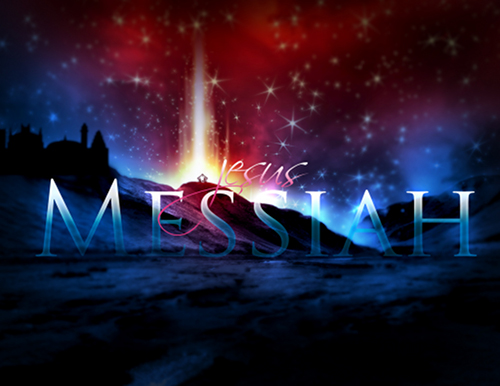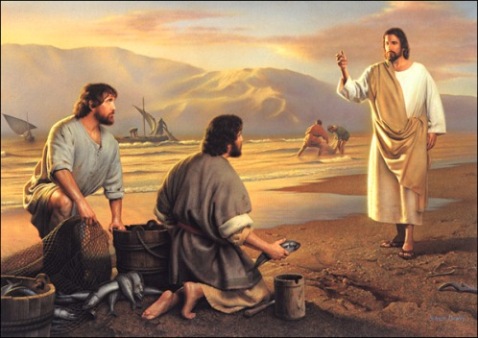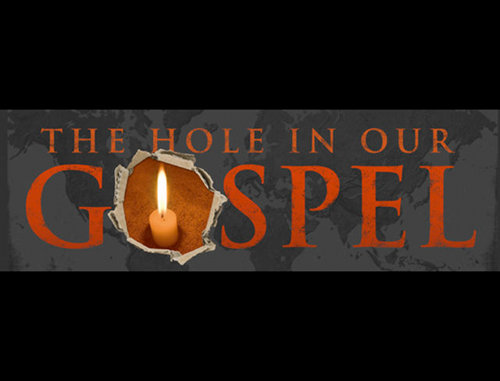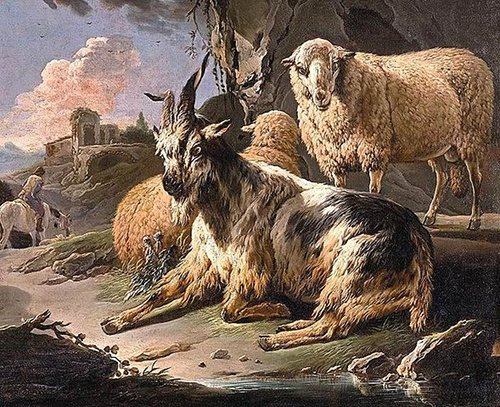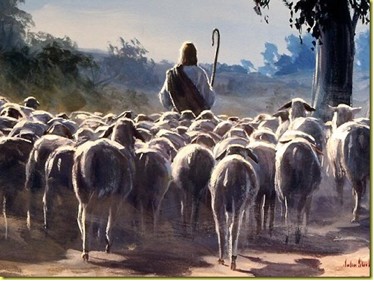If you ask people about romantic couples from the Bible, they would probably mention David and Bathsheba or Samson and Delilah, mostly because Hollywood have portrayed a version (not necessarily the real one) of their lives in several films.

Photo credit: ©iStockphoto/VikaSuh
To be honest, I don’t even consider David and Bathsheba or Samson and Delilah as romantic couples in the classical sense.
Delilah was paid to find the source of Samson’s great strength, so the Philistines could find a way to defeat him. She did it, and there is no indication that she had any feelings toward him or that she felt sorry for what she did (see Judges 16:4-22).
About David and Bathsheba, they were both married to other people when they got involved. She got pregnant while her husband was away in battle. Ultimately David got her husband killed so he could marry her (2 Samuel 11:14-17). That’s definitely not a good way to start a relationship.
We can see in the Bible how they all faced severe consequences for their choices. Their lives are examples of how things can turn out really bad when we make choices out of impulses and desires instead of following God’s will.
If you ask me, my favorite romance from the Bible is Boaz and Ruth’s. If you are not familiar to their story, you can read it in the book of Ruth. It’s a quick read and it’s worthy it.

